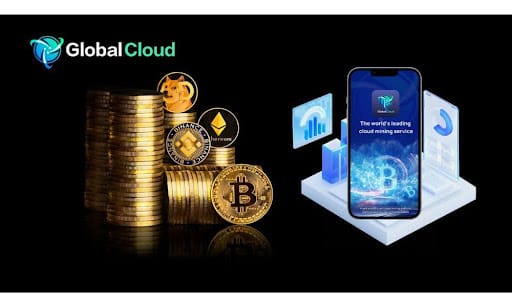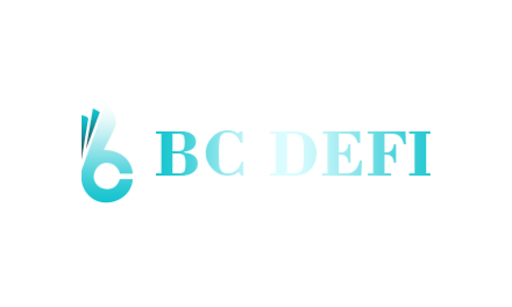Jupiter Exchange Reforms DAO Structure After Community Pressure

Jupiter Exchange has announced a comprehensive restructuring of its DAO governance model. The changes address months of declining token holder confidence. According to Solana Floor, COO Kash Dhanda and CTO Siong Ong described the reforms as a "fresh start" for the organization.
The restructuring follows the DAO's June 2025 pause on all governance votes. The protocol had experienced a disconnect between strong revenue performance and token price stagnation. Jupiter ranks among Solana's highest revenue-generating protocols, yet $JUP underperformed compared to broader market peers throughout 2025.
The new governance model will focus exclusively on high-impact proposals affecting tokenomics and treasury management. All existing Work Groups will be disbanded. Dhanda stated the DAO will prioritize critical matters including revenue allocation, supply control, and long-term token strategy. The previous structure involved frequent votes on minor operational issues, which created governance fatigue among token holders.
Jupiter will reduce the $JUP unstaking period from 30 days to seven days. The previous lock-up discouraged institutional participants from engaging in governance activities. The new structure aims to prevent opportunistic voting while providing holders with necessary flexibility. Community members have responded positively, with one stakeholder calling the update "the most important decision ever made in Jupiverse."
The Importance of Jupiter's Governance Overhaul
Jupiter's reforms directly address a persistent problem in DeFi governance. The DAO will hold a community vote on burning 121 million $JUP tokens currently held in Litterbox Trust. This represents approximately 3.8% of the circulating supply. The trust receives 50% of protocol revenues for funding buybacks.
Token holders argue that accumulating buyback tokens creates market uncertainty and inflationary pressure. Burning these tokens could improve tokenomics and demonstrate renewed commitment to sustainability. The vote represents a test of the restructured governance model's ability to execute decisive action.
The changes come after Jupiter paused all DAO votes in June 2025. CoinDesk reported that Dhanda cited a "breakdown in trust" and perpetual cycles of fear and uncertainty. The June pause was scheduled to last until the end of 2025, with a new framework planned for 2026. The October announcement appears to accelerate that timeline with concrete structural changes.
Active staking rewards continue at 50 million JUP per quarter. The protocol will not create new DAO-funded Work Groups or approve additional token emissions during the transition. This freeze on expansion initiatives allows the team to focus on core product development rather than governance administration.
Broader Implications for DAO Governance Models
Jupiter's restructuring reflects wider challenges facing DAOs in 2025. In July 2025, CoinDesk reported that both Jupiter and Yuga Labs abandoned their DAO structures. Yuga CEO Greg Solano called ApeCoin DAO "sluggish, noisy and often unserious governance theater."
CoinMarketCap lists 273 DAO tokens with combined market capitalization exceeding $21 billion. However, nearly 50% of that value concentrates in just three tokens: Uniswap, AAVE, and TAO. At the opposite end, 63 DAO tokens hold market caps below $1 million, effectively inactive on-chain.
Cointelegraph identifies key DAO challenges including voter apathy, governance capture, and consensus difficulties. Many members exhibit disinterest in decision-making, leading to skewed outcomes where small groups wield disproportionate influence. Jupiter's experience validates these observations, with frequent votes straining both the community and core team.
Traditional finance integration may offer a path forward. In September 2025, 21Shares launched Jupiter ETP (AJUP) in Europe, providing regulated access to $JUP through conventional financial markets. This development could expand Jupiter's investor base beyond crypto-native participants. The restructured DAO may prove more attractive to institutional investors who value clear decision-making processes over frequent community votes.
Jupiter's ecosystem continues expanding despite governance challenges. The protocol integrated with Open Game Protocol, allowing holders to access over 60 games. Users can stake $JUP or earn gamecoin $GJUP through Jupiter Mini-Games. Additionally, Meteora confirmed that $JUP stakers will receive allocations in the $MET token generation event through Liquidity Distributor NFTs.
Further Reading
For those interested in decentralized governance structures and organizational tools, our comprehensive DAO tooling guide provides detailed analysis of over 100 platforms and tools used in decentralized governance. The guide covers voting mechanisms, treasury management solutions, and community coordination systems that DAOs employ to address the challenges Jupiter and other protocols face.





